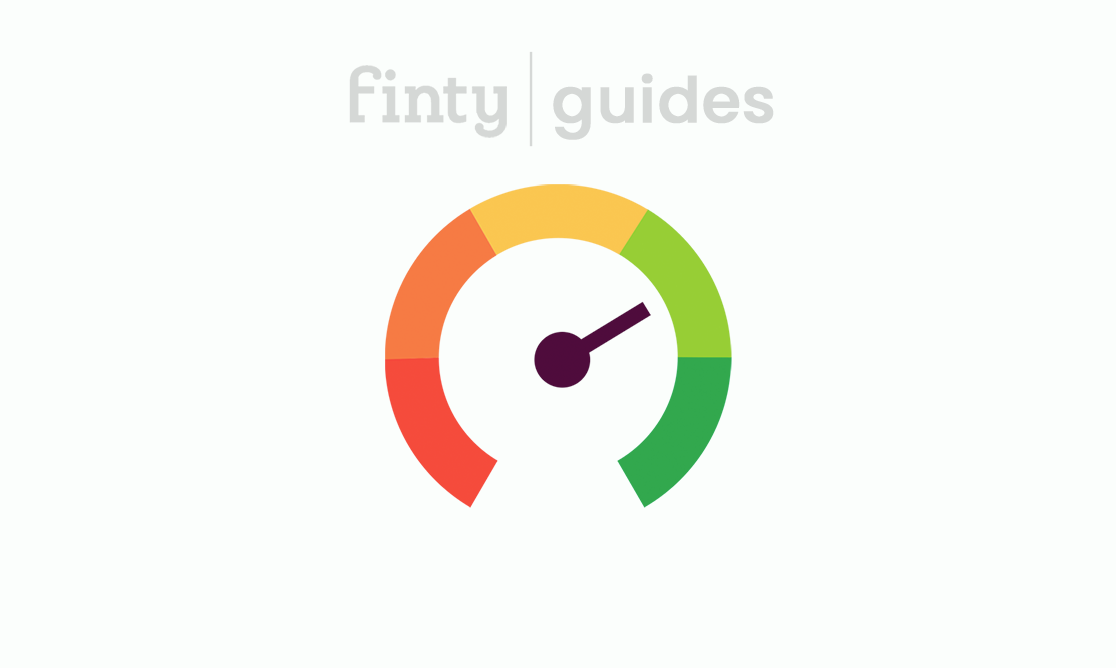When planning to buy a house, it can be a good idea to get a mortgage pre-approval.
The pre-approval means your lender gives you an indication of the amount you should be able to borrow when you make a formal application for a home loan, provided certain other conditions are met.
It is not a guarantee of a loan, or of a specific amount. However, it does mean that you are ready to hit the ground running when you start house hunting, and you may gain an advantage over other home buyers.
But you should also keep in mind that seeking mortgage pre-approval can affect your credit score.

Ready to buy or refi?
Talk to a mortgage broker
- Get professional help to secure finance.
- Book a call online for a convenient time.
- Find a mortgage broker near you.

In this guide
Hard credit checks
A hard credit check occurs when a potential lender requests a copy of your credit file from a credit bureau, to discover details of your borrowing and repayment history (both good and bad).
Your credit file contains the following information.
- Usage of loan products such as credit cards, personal loans and home loans, amounts granted and dates, including all current credit and any accounts closed less than two years ago.
- Last two years’ servicing of loan products, including repayment amounts and dates, prompt payments, late payments and missed payments.
- Defaults on utility bills, credit cards and loans in amounts of more than $150, at least 60 days overdue. This information stays on your file for five years, or for seven years if the lender has been unable to contact you.
- Applications for credit you have made in the last five years and any loans you’ve guaranteed for someone else.
- Bankruptcies, debt agreements, court judgements and insolvency agreements filed in your name in the last five years.
- Credit report requests from potential lenders in the last five years. (The hard credit check referred to above.)
As you can see, when a lender makes a hard credit check, the fact that the check has occurred appears in your file. Too many hard checks made within a short space of time may ring alarm bells with potential lenders, and will in any case have a temporary downward impact on your credit score.
Before you embark on getting any kind of loan approval, it would be a good idea to find out what your credit score is, and whether it’s good or bad. You can check your credit score for free on Finty.
Online pre-approval vs full assessment pre-approval vs formal full approval
So, what’s the difference between the three?
The main point of difference is whether the potential lender will be making a hard credit check on your credit history file.
Online pre-approval
This is a streamlined process in which you submit your application and supporting information about your identity, your employment and income, your expenses and debts (e.g. personal loans, credit cards) and your savings.
In this type of application, the lender may or may not conduct a hard credit check. It’s important to find out whether the lender will be pulling a copy of your history file (that is, conducting a hard credit check) before you undertake this kind of online screening process. The lender should disclose upfront whether or not a credit check is involved, but if they don't, you need to ask them the question first.
If the lender doesn’t conduct a credit check, they will usually attach more conditions to the pre-approval.
This type of pre-approval is also less reliable, so you shouldn’t count on it to make an unconditional offer on a property.
Full assessment pre-approval
A full assessment means your lender’s credit department looks at all the information you supplied to them (as with online pre-approval) and also conducts a credit check.
The lender making the full assessment will also ask you any further questions they want answered.
If the lender is satisfied with the information you have given them, they will pre-approve your loan. The attached conditions are likely to include that no material changes occur in your financial circumstances, and that the valuation made on any property you plan to buy will result in an acceptable Loan to Valuation Ratio (LVR).
This type of approval usually takes a few days but it will save you time when it comes to seeking final approval for the loan.
Final full approval
This is the final step, when you have found a property that you want to buy, satisfied your lender about your financial circumstances and your credit history via a hard credit check, have an acceptable LVR or loan guarantor, or have agreed to take out Lenders Mortgage Insurance (LMI).
Are you going to go for pre-approval? Got questions about how it works? Check out our guide to home loan pre-approval.
The effect of each hard credit check on your credit score
As explained, a hard credit check means an enquiry will be listed on your file held by a credit reporting agency. (Australia has three reporting agencies: Equifax, illion, and Experian.)
Information listed will include the date the application was made, the amount you applied for and the lender. These applications remain on your file for five years, whether or not the application was successful.
A single inquiry on your credit file temporarily reduces your credit score by about 5 or 10 points, but this won’t be enough on its own for your lender to deny your application.
Seeking multiple pre-approvals from different banks is a different story, however. More inquiries means more reductions to your score, and seeking a succession of pre-approvals may also give the impression you are ‘shopping around’ for credit. Banks may see you as a risky proposition and be reluctant to lend.
There is no set number of inquiries that will see a bank decline your application for a home loan pre-approval, but some banks may rule you out if there are one or two inquiries on your file within the space of six months. You need to be aware that pre-approvals have a time limit – normally from three to six months – so be wary about seeking pre-approval involving a hard credit check unless you are fairly confident you’ll find a property you want to buy during that time frame.
Applying to more than one bank
If you seek another pre-approval from the bank that issued your last one, it shouldn’t be a problem. However if you go to another bank, this second lender may wonder if you have been denied by your previous financial institution and become wary about offering you pre-approval.
If your score is not as good as you would like it to be, find out how to improve your credit score.

Ready to buy or refi?
Talk to a mortgage broker
- Get professional help to secure finance.
- Book a call online for a convenient time.
- Find a mortgage broker near you.

